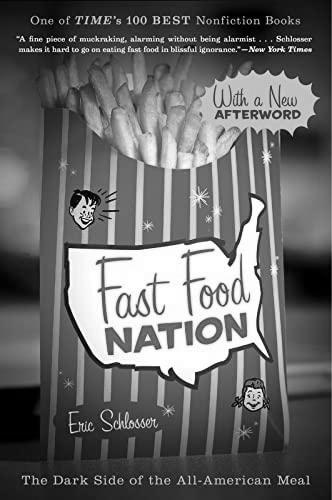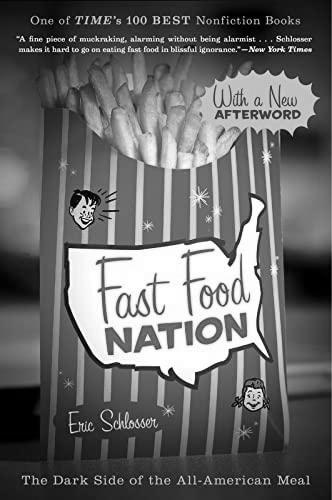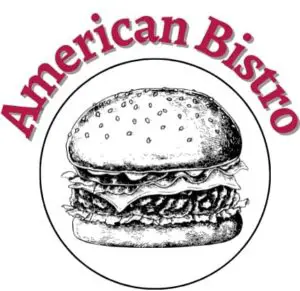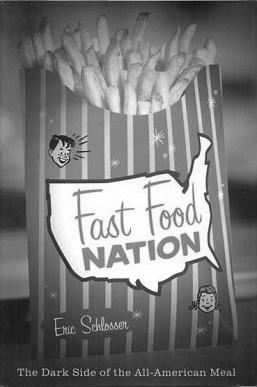The answer is yes if the debate over American cultural exports is about fast food. The fast food industry is a vital part of American culture and economy. Millions of people worldwide enjoy American fast food, and the sector signifies a nation’s economic vitality. However, the fast food industry is not just an export; it also exports American values, culture, and pop music.
McDonald’s
As one of America’s largest corporations, McDonald’s profoundly impacts contemporary lifestyles; children love McDonald’s food, and many want to visit the restaurants as often as possible. It has also become a symbol of adventure and fashion. The company has a unique ability to influence consumers’ food habits and entertainment choices.
Although McDonald’s is a major cultural export, the company is not immune to criticism. Many fast food critics point out the high-calorie content in its products. The company has tried to reduce fat content, but customers have consistently chosen the same high-calorie, greasy hamburgers.
The McDonald’s chain has more than 31,000 restaurants worldwide. Its globalization strategy has made the fast food chain more popular worldwide, despite higher production and communication costs. The system also helps the company adapt to the needs and preferences of local cultures. As an American cultural export, McDonald’s has become a worldwide icon and ambassador of American cooking. However, this internationalization has also led to a standardization of food, which is a significant hindrance to local cuisine.

McDonald’s is not just an American cultural export but also an integral part of the national economy. The Golden Arches has become synonymous with fast food and American culture in countries such as Japan. Many franchised restaurants have opened overseas. The company has also developed strategic alliances with other companies, including Coca-Cola. In the UK, McDonald’s is also a significant foodservice player.
As of January 2018, the fast food corporation has expanded to over a hundred countries and employs over 1.9 million people. It also serves a variety of other items besides fast food. It has breakfast foods, salads, and wraps and is one of the world’s biggest purchasers of chicken and beef. It is also the largest owner of retail real estate worldwide.
McDonald’s is one of the world’s most recognized and iconic brands, and its locations are stunning. For instance, one outlet in Norway is housed in an old wooden building. The interiors are reminiscent of the typical U.S. McDonald’s, while one in Madrid features marble walls, a digital ordering system, and macarons.
McDonald’s has adapted its menu and business plans to the culture of the country where it is located. It respects local customs and follows their policy when developing new menu items. It also adds and removes food items based on regional trends. The Tsukimi Burger and the Teri Tama Burger are two examples of seasonal menu items.

KFC
Fast food is ubiquitous in American society. It started small, with hot dogs sold at roadside stands in Southern California, but today, it has spread to almost every corner of the country. It’s easy to prepare and can be served quickly, making it a popular choice for busy people. According to Schlosser, hamburgers and fries sold at a fast food chain are the quintessential American meal. Its popularity is so widespread that it is even served in hospitals and cruise lines.
Although many people think of fast food as an American cultural export, the truth is that it’s a global phenomenon with many artistic effects. For instance, it triggers late-model culture and a sense of community. Fast food also provides an endless array of options with minimal sacrifice. As a result, eating in fast-food restaurants has become a lifestyle for Americans and has permeated every aspect of American life.
Globalization enables fast food chains to spread their products worldwide and make them more accessible to people in different cultures. For example, the McDonald’s chain has 31,000 locations in more than 120 countries. These chains are a great example of how American culture has been exported. Many restaurants have successfully incorporated local cuisine, while others have taken a more global approach to food.
The fast food industry has changed our culture. It has influenced our nation’s identity and represents an opposition to the status quo. It represents rebellion against the status quo, a vision of the future, cheap and convenient food, and modernity. Fast food is a cultural export and a new meeting place symbolizing our modern culture.

While this food is popular in the United States, its popularity abroad is burgeoning. The average American household spends 10% of its annual income on fast food, and consumption is rising yearly. And fast food is so popular that one-third of all American adults eat it at least once a week.
The fast food industry began in Southern California, where a pioneering spirit and unconventional ideas were born. A combination of low taxes, a consumer-driven economy, and easy access to the automobile made it the perfect business climate for a large-scale and successful enterprise. The result was the establishment of the first burger chain in the US.
This thesis uses Value Orientation Theory to study the fast food culture in the United States. As a result, it will provide a deeper understanding of Americans and the fast food industry. Ultimately, this study will be helpful for both visitors and citizens of the United States. While this thesis does not claim to explain all aspects of American culture, it will help those interested in the subject better understand the people behind the culture.
Fast food is a cultural export because it connects with high consumption in modern society. In this way, fast food culture reflects high economic status. It is highly satisfying to people’s appetites and has a deep connection to their emotions.

